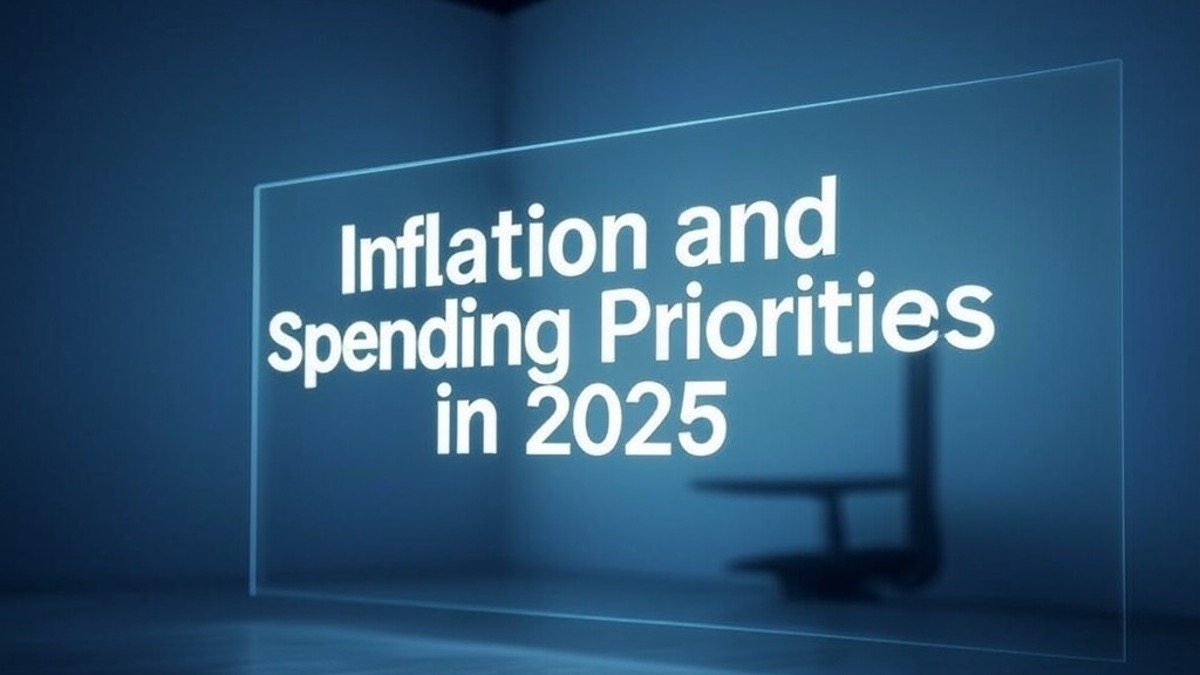Nigerian consumers, grappling with the lingering effects of high inflation, have shifted their spending priorities toward essentials. This change has left the consumer services sector struggling to regain its footing. The focus on necessities has sapped growth from hospitality, retail, and other discretionary-driven sub-sectors. For investors, the outlook is challenging as inflationary pressures and tepid consumer sentiment cast long shadows over the industry’s prospects.
Inflation’s Grip Tightens on Consumer Behavior
Inflation in Nigeria has continued to impact the economy significantly, hitting a record high of 34.6% as of November 2024. The ripple effects of this prolonged inflationary period have been particularly hard on consumer spending patterns:
- Essentials Take Precedence:
- Consumers are directing their limited disposable income toward basic needs like food, housing, and transportation, leaving little room for discretionary spending.
- Decline in Luxury and Leisure Spending:
- Segments such as travel, dining, and entertainment have borne the brunt of this shift. High-end hospitality providers, including Transcorp Hotels and Ikeja Hotel PLC, have reported constrained growth as occupancy rates and corporate travel spending remain below pre-pandemic levels.
- Wage Growth Fails to Keep Pace:
- Despite wage increases in some sectors, real income levels have not kept up with inflation, further squeezing consumer budgets.
The Struggles of a Once-Promising Sector
The consumer services sector has historically been a key driver of economic activity, but in 2025, it faces significant hurdles:
- Hospitality and Travel:
- Industry leaders like Ikeja Hotel PLC are experiencing challenges maintaining profitability as rising costs outpace revenue growth.
- Transcorp Hotels, despite its strong brand presence, is feeling the strain of reduced corporate and leisure travel.
- Retail:
- Brick-and-mortar retail has not fully recovered, with foot traffic remaining weak and competition from e-commerce intensifying.
- Entertainment and Dining:
- Post-pandemic enthusiasm for dining and entertainment has waned under the weight of high costs and shifting spending habits.
Inflation’s Double Whammy: Rising Costs and Weak Demand
The sector faces a dual challenge of rising operational expenses and soft demand:
- Cost Pressures:
- Wages and Energy: Rising payroll and utility expenses have placed significant pressure on profit margins.
- Supply Chain Bottlenecks: Global disruptions have further inflated the cost of goods and services, affecting profitability.
- Consumer Retrenchment:
- Discretionary spending is among the first to be cut when households tighten their budgets, directly impacting consumer services revenues.
For example, Academy Press PLC, a notable player in consumer services, has reported negative revenue growth of -6.98% year-on-year, reflecting the sector-wide struggle to adapt to these economic challenges.
Why Consumer Services Can’t Compete
Compared to other sectors, consumer services face structural disadvantages in this high-inflation environment:
- Limited Pricing Power:
- Unlike industries like energy or technology, consumer services cannot easily pass higher costs onto customers without risking demand erosion.
- High Dependency on Discretionary Spending:
- The reliance on consumers’ willingness to spend on non-essentials makes the sector particularly vulnerable during economic downturns.
- Debt Pressures:
- With interest rates still elevated, companies with high debt loads, such as Ikeja and Transcorp, are increasingly burdened by rising financing costs.
Investors Beware: Risks Abound in 2025
For investors, the consumer services sector presents multiple red flags:
- High Valuations:
- Stocks in the sector often trade at inflated price-to-earnings (P/E) ratios, reflecting misplaced optimism about recovery.
- Weak Earnings Potential:
- Earnings growth is constrained by the dual impact of rising costs and weak consumer demand, making it difficult to justify current valuations.
- Value Trap Risk:
- Companies that appear attractively priced may struggle to deliver returns if their fundamentals remain weak.
Better Investment Opportunities in 2025
As consumer services falter, other sectors offer more promising growth prospects:
- Financial Services:
- Banking and insurance sectors benefit from rising interest rates and increased financial inclusion initiatives.
Strong balance sheets and better governance practices make these companies more stable.
- Banking and insurance sectors benefit from rising interest rates and increased financial inclusion initiatives.
- Agriculture:
- Government-backed initiatives to boost local food production create opportunities for growth and profitability.
- Lower exposure to consumer demand volatility provides a more stable investment environment.
- Renewable Energy:
- The energy transition provides a long-term growth trajectory as governments and corporations increase investments in clean technologies.
Charting a Strategic Path Forward
Investors should consider the following strategies when navigating 2025:
- Focus on Fundamentals:
- Avoid companies with high debt and weak margins. Look for those with strong balance sheets and consistent cash flow.
- Diversify Across Resilient Sectors:
- Reducing exposure to consumer services while increasing allocations to healthcare, technology, and utilities can mitigate risks.
- Monitor Inflation Trends:
- Keep an eye on macroeconomic indicators, as any easing of inflationary pressures could shift the consumer landscape.
Conclusion: Consumer Services Face an Uphill Battle
In 2025, consumer services are losing their appeal as Nigerian consumers prioritize essentials over discretionary spending. Industry leaders like Ikeja and Transcorp illustrate the sector’s broader struggles, with rising costs and weak demand creating significant headwinds. For investors, the message is clear: it’s time to look beyond consumer services and focus on sectors better positioned to thrive in a challenging economic environment.
